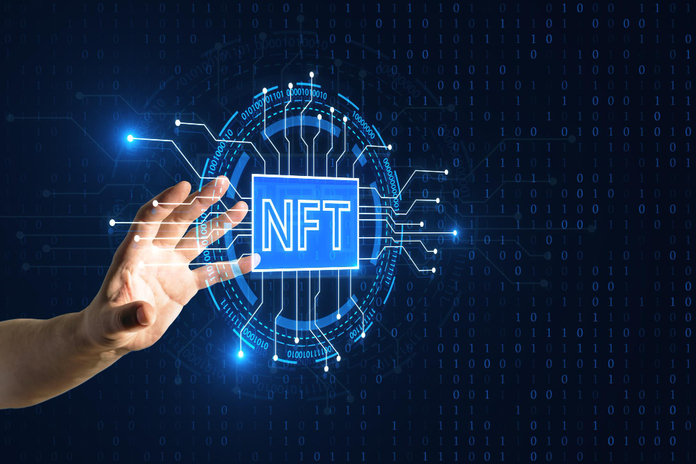Bitcoin ETFs Inflows Surpass $1 Billion in Three Days

Inflows into all 11 spot Bitcoin ETFs have surpassed $1 billion over the past three days, marking a remarkable milestone in the cryptocurrency market. Since their launch earlier this year, these ETFs have accumulated lifetime inflows of $17 billion. On July 16th alone, Bitcoin ETFs saw $420 million in inflows, reaching a six-week high according to Coinglass.
BlackRock and Fidelity Lead the Inflow Surge
BlackRock’s (NYSE:BLK) ETF, IBIT, captured the largest share of these inflows, accumulating over $200 million on Tuesday. Meanwhile, Fidelity’s FTBC amassed $61 million the same day. These substantial investments highlight growing institutional interest and confidence in Bitcoin ETFs as a robust investment vehicle.
Market Dynamics and Bitcoin Price Recovery
The significant inflows into Bitcoin ETFs come at a time when the infamous crypto exchange Mt. Gox has begun distributing crypto to its victims. Approximately a third of Bitcoin distributions have been completed, alleviating some fears of a supply overhang. Concurrently, the German government’s sell-off of billions of dollars worth of Bitcoin initially drove prices down to near $53,500 on July 5th. However, since then, the price of Bitcoin has rebounded by 23%, driven in part by the substantial ETF inflows and recent political developments.
Political Support and Market Sentiment
Former President Trump’s announcement of his Vice Presidential pick, Ohio Senator J.D. Vance, has also positively impacted the crypto market. Sen. Vance is widely regarded as one of the strongest pro-crypto voices in American politics. In 2022, he disclosed owning at least $100,000 worth of Bitcoin, further solidifying his support for the digital asset.
Sen. Vance has been vocal in his criticism of SEC Chair Gary Gensler’s stance on cryptocurrency regulation. In a video posted to X in February 2024, he labeled Gensler as a candidate for the “worst person” in Biden’s administration, asserting that his regulatory approach is “the complete opposite” of what Vance would advocate. This political support is seen as a positive signal for the crypto market, contributing to the recent inflows and price recovery.
The Future of Bitcoin ETFs
The remarkable inflows into Bitcoin ETFs underscore the growing acceptance and adoption of Bitcoin as a mainstream financial asset. These ETFs provide investors with a regulated and convenient way to gain exposure to Bitcoin, without the need to directly purchase and store the cryptocurrency. As institutional interest continues to grow, the demand for Bitcoin ETFs is likely to increase, potentially driving further inflows and supporting Bitcoin’s price stability and growth.
Conclusion
The recent surge in inflows into Bitcoin ETFs, surpassing $1 billion in just three days, marks a significant development in the cryptocurrency market. With BlackRock and Fidelity leading the charge, these ETFs have demonstrated their ability to attract substantial institutional investment. The positive market sentiment, bolstered by political support and strategic crypto distributions, suggests a promising future for Bitcoin ETFs. As the market evolves, investors will continue to closely monitor these developments, anticipating further growth and opportunities in the burgeoning Bitcoin ETF landscape.
Featured Image: Freepik

